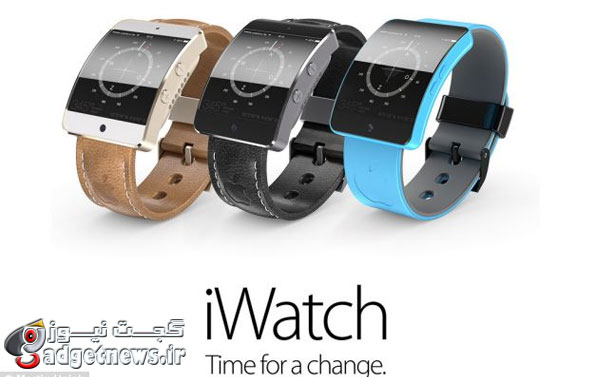
براساس گزارشی که در رسانههای چینی و براساس منابع موجود در چرخهی تولید محصولات منتشر شده ، اپل پس از مدتها انتظار، تولید ساعتهایهوشمند خود منتسب به iWatch را آغاز کرده است. این گزارش حکایت از این دارد که اپل در ساخت این ساعتهوشمند، بهجای استفاده از بوردهای معمولی (PCB)، از System-in-Package بهره برده است. این سیستم مجموعهای از مدارات مجتمع است که در قالب یک ماژول مجتمع قرار گرفتهاند.
SIP یا سیستم روی پکیج این امکان را در اختیار تولیدکنندگان قرار میدهد تا از فضا کمتری برای تعبیه مدارها و تجهیزات داخلی بهره ببرند. اما استفاده از SIP معایبی نیز دارد که میتوان به لزوم تعویض کل ساختار داخلی در صورت ایجاد مشکل برای یکی از بخشها اشاره کرد؛ چراکه SIP امکان بررسی و رفع اشکال ساختار داخلی خود را نمیدهد. از اینرو بهرهوری تولید در ساخت محصولاتی که از SIP بهره میبرند تا حدودی پایین است. براساس گزارش منتشر شده، محصولات تولید شده توسط کارخانههای Kinsus Interconnect Technology، NanyaPCB و ASE Group برای iWatch تولید شدهاند.
براساس نظر افراد مطلع، اپل در جریان سهماههی دوم سال جاری میلادی تعداد 2.5 تا 3 میلیون دستگاه ساعتهوشمند تولید خواهد کرد. انتظار میرود این میزان در سهماههی سوم به 14 تا 15 میلیون دستگاه برسد. برخی از گمانهزنیها حکایت از این دارند که اپل قادر است تا در سال 2014 میلادی 65 میلیون دستگاه iWatch به بازار عرضه کند.
احتمالاً اپل ساعتهوشمند خود را در جریان مراسم WWDC 2014 و بههمراه iOS 8 معرفی خواهد کرد. اما بهنظر میرسد اپل این ساعتهوشمند را در سپتامبر (شهریور ماه) بههمراه نسل جدید آیفون به بازار عرضه خواهد کرد.
منبع : theverge
Production of Apple iWatch has reportedly started
A report from China cites the country's supply chain as the source of a story, saying that Apple has started production of the long-awaited Apple iWatch. The report also states that instead of using Printed Circuit Boards (PCBs) to build the timepiece, Apple will employ System-in-Package modules (SiP) instead. These modules are made up of integrated circuits, all wrapped up together in a single package.
Using SiP modules, the manufacturer can use up less space when installing internal hardware. The downside to using SiPs is that if one part of the module is bad, the entire module has to be replaced, keeping production yields lower than they could have been otherwise. According to Tuesday's report, the modules are being supplied for the iWatch by Kinsus Interconnect Technology Corp, NanyaPCB and ASE Group.
These supply chain sources believe that Apple will ship 2.5 million to 3 million units of the iWatch during the second quarter. Production is expected to leap to 14 million to 15 million units for the third quarter. Some predict that Apple will be able to ship as many as 65 million units of the wearable device for all of 2014.
We could see the Apple iWatch get unveiled at WWDC in June, along with iOS 8. The actual release of the watch could take place in September, around the time that the next iteration of the Apple iPhone is launched.
 گجت نیوز آخرین اخبار تکنولوژی، علم و خودرو
گجت نیوز آخرین اخبار تکنولوژی، علم و خودرو 




